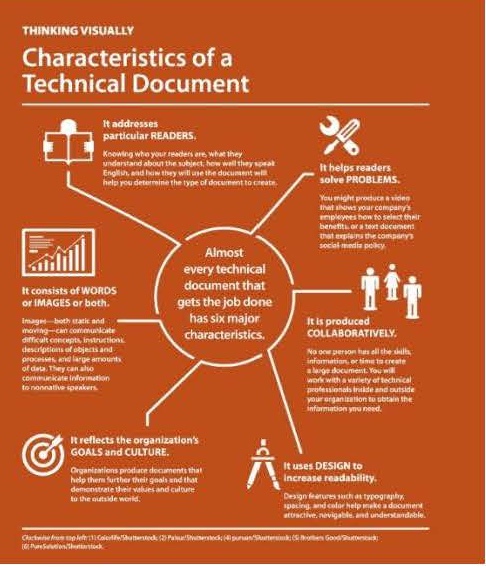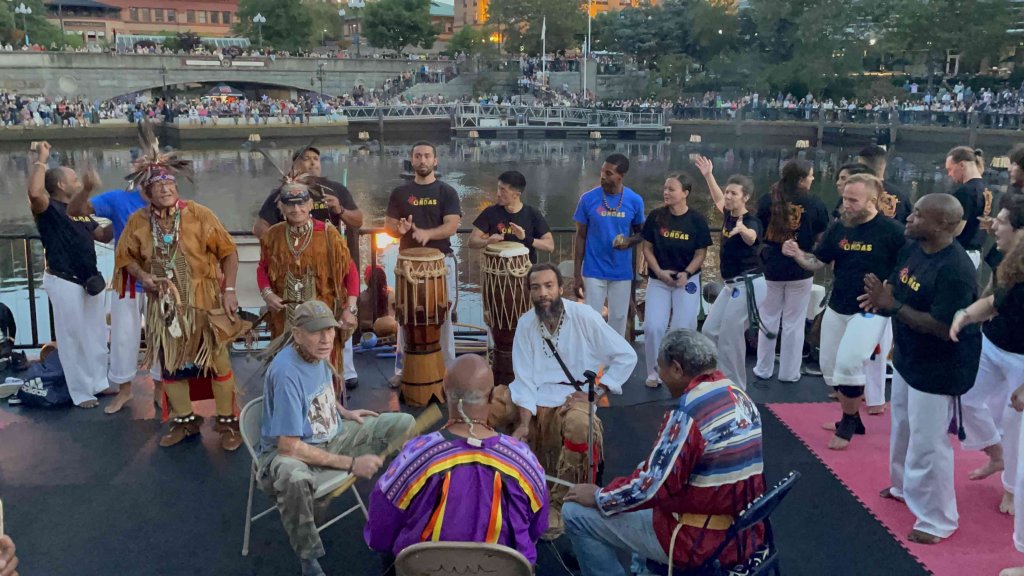Writing Courses in the Spotlight
Fall 2024 Upper-Level Offerings from the Department of Writing Studies, Rhetoric and Composition
WTNG 235: Technical Writing
Dr. Diane Beltran
M/W/F 12:00-12:50 and 1:00-1:50

Technical writing gets things done, solves problems, and makes complex information easily readable, meaningful, and accessible to a target audience. This course seeks to meet each of these attributes by examining RWU’s AASHE/STARS report and offering specific recommendations for increasing the university’s rating from Bronze to Silver. Because RWU is working to create a culture of sustainability, it has explicit goals to that end, and one way the university works to achieve those goals is through the participation in the AASHE/STARS Report. Working in small groups, you will form cross-functional “consultancies” complete with staff, bios, company name, and logo. You will select one major category on the Report and investigate what actions would be needed to order to increase RWU’s score in that category, and then provide recommendations. Using principles and best practices for collaborative writing, you’ll write using professional genres (memos, status report, workflows / Gannt charts, proposals, formal recommendation reports, and multi-media presentations) to offer your consultancy’s recommended actions to increase RWU’s overall score. You’ll learn the basics of page design, appropriate writing style, and inclusion of visuals to help persuade RWU to take action on your recommendation. The collaborative process, audience awareness, and problem-solving capacities, use of digital tools, as well as skills in creating attractive but effective documents, will serve you both in and out of the classroom. (3 credits)
Prerequisite: successful completion (C- or higher) of WTNG 102. Fulfills the second of two general education requirements. Fulfills a course requirement in the Professional and Public Writing Core Concentration and Minor.
WTNG 240: Writing for Business Organizations
Dr. Mel Topf
M/TH 3:30-4:50
Why do business communications fail? When are they effective? In this course students study the theory and practice of business-world communications as a mean of accomplishing goals, problem-solving, and creating actual change in policies and standards. The course takes a case-based approach, so that students, as employees of a fictional corporation, will work individually and collaboratively on a series of related professional reports addressing a problem or crisis confronting the corporation. The exigencies may involve ethical, social, or other considerations. (3 credits)
Prerequisite: successful completion (C- or higher) of WTNG 102. Fulfills the second of two general education requirements. Fulfills a course requirement in the Professional and Public Writing Core Concentration and Minor.
WTNG 245: Writing about Health
Genette Merin
T/Th 9:30-10:50; 11:00-12:20
Health is a state of well-being, which, ideally, is about completeness of mind, body, and soul. Writing is a means of communication; it is a bond between storyteller and reader. At its heart, writing about health cultivates a reciprocal relationship in which both writer and reader have the ability to reflect on how lived experiences and clinical knowledge intersect.
Public health is not only defined by temporary disease and terminal illness but also by nutrition and exercise. Therefore, students will have the opportunity to choose a health-related conversation they feel passionate about, such as fad diets, social anxieties, addictions, vaccines, or cancers. We will explore how chosen conversations take rhetorical shape for print and online publications, social media feeds, medical websites and journals. Through our research, we will analyze the most effective strategies used to reach a range of audiences, from public to professional, who differ in levels of curiosity and knowledge. Students will apply these compelling tactics to craft a portfolio of work including but not limited to personal narratives, feature essays, and patient education.( 3 credits)
Prerequisite: successful completion (C- or higher) of WTNG 102. Fulfills the second of two general education requirements. Fulfills a course requirement in the Professional and Public Writing Core Concentration and Minor.
WTNG 300: Rhetoric in a Global Context
Dr. Brian Hendrickson
M/Th: 3:30-4:50

According to UNESCO, cultural tourism accounts for approximately 40% of all tourism, with 90% of countries recognizing it as a tourism policy initiative. In this course, we will explore how cultural tourism functions as an interactive means of storytelling, analyze and evaluate whose stories get told and how, and apply our rhetorical skills and knowledge to the task of proposing, developing, and/or contributing to cultural tourism initiatives that foreground the needs and interests of communities underrepresented in and underserved by the stories that tourism initiatives have traditionally told. (3 credits)
Image: Pomham Singers and New Wave Martial Arts and Fitness perform together at WaterFire in Providence, RI, August 2023.
Prerequisite: successful completion of a 200-level WTNG class. Fulfills a course requirement in the Professional and Public Writing Core Concentration and Minor.
WTNG 340: Advanced Topics in Workplace Writing
Dr. Mel Topf
M/Th: 2:00-3:20
This course explores the role of writing in dealing with issues and controversies that are affecting the workplace today. Emphasis will be on the rhetorical situations that characterize writing on “in-house” problems. Students will select their own issue from a group of “live” controversies that are currently “in the headlines,” perhaps ethical, social, legal, political, or economic. They’ll develop a series of reports and talks leading to a formal position paper on their selected issue. (3 credits)
Topics may include: diversity and equity in the workplace; social media and the workplace; employee nondisclosure agreements; remote-work issues; disability and religious workplace accommodation; customer discrimination such as “redlining”
Prerequisite: successful completion of a 200-level WTNG class. Fulfills a course requirement in the Professional and Public Writing Core Concentration and Minor.
WTNG 470: The Writing Portfolio
Dr. Dahliani Reynolds
T/Th 11:00-12:20
One of the most exciting—and scary—aspects of finishing your undergraduate studies is figuring out what comes next. This is perhaps especially true now, in a (hopefully) post-pandemic world, in which the workplace, and work culture, has been changed in a variety of ways. Given that many companies are opting to continue remote or hybrid work positions, workplaces will be seeking employees with strong competencies in multimodal communication. If you chose the PPW minor, you have likely considered how the minor might enhance your career opportunities after graduation. Even if you do not plan on a career as a writer, writing will undoubtedly be part of your work life.
WTNG 470 will help you develop a professional writing portfolio to showcase your experiences and expertise—to help persuade potential employers or graduate school admissions committees that you are the candidate they seek. In this course you will assemble, analyze, and evaluate a curated collection of your original work to demonstrate to potential employers your writing abilities, experiences, and creative communication. In short, you will demonstrate your ability to apply rhetorical knowledge and skills to writing tasks in a variety of contexts. By the end of the semester, you will have created a multimodal portfolio that presents you—the professional you—to enhance your application package for targeted employment and/or graduate school applications. (3 credits)
Prerequisite: successful completion of a 300-level WTNG class and junior standing. Fulfills a course requirement in the Professional and Public Writing Core Concentration and Minor

